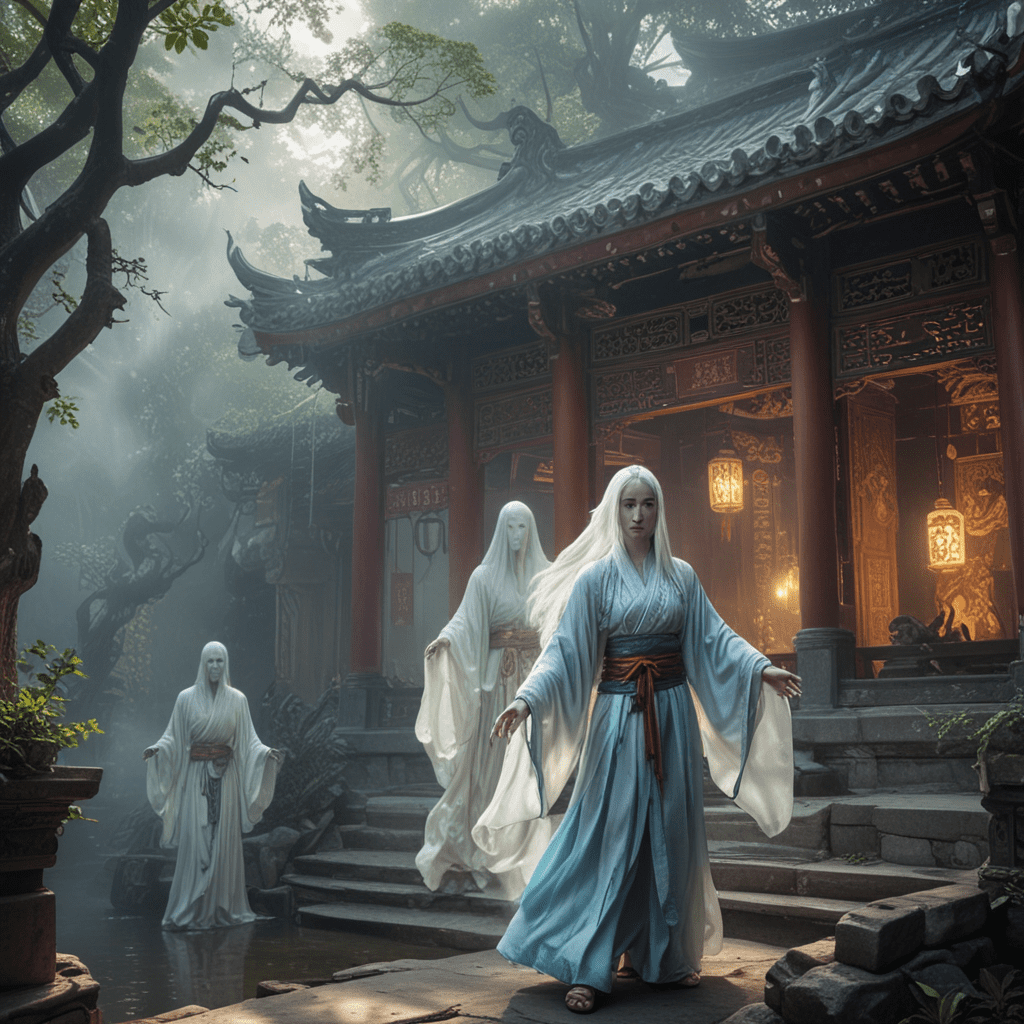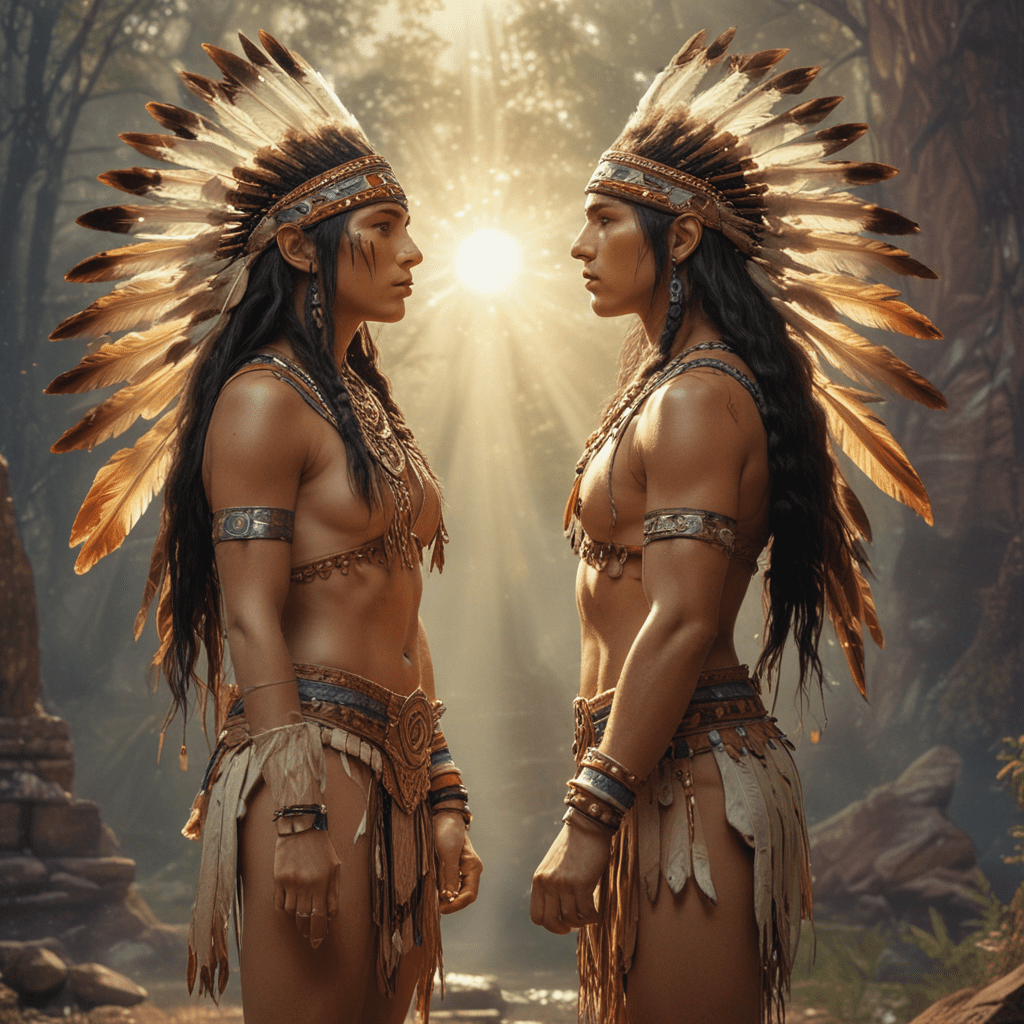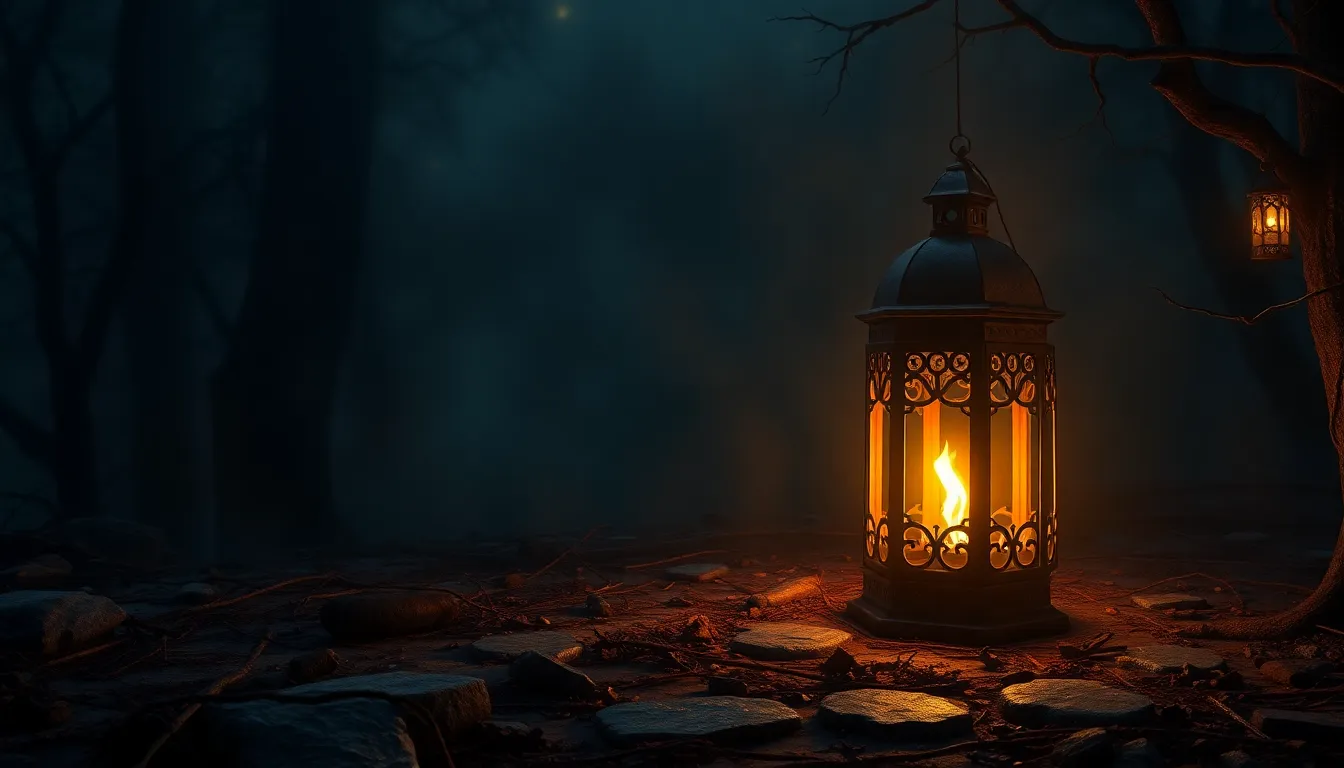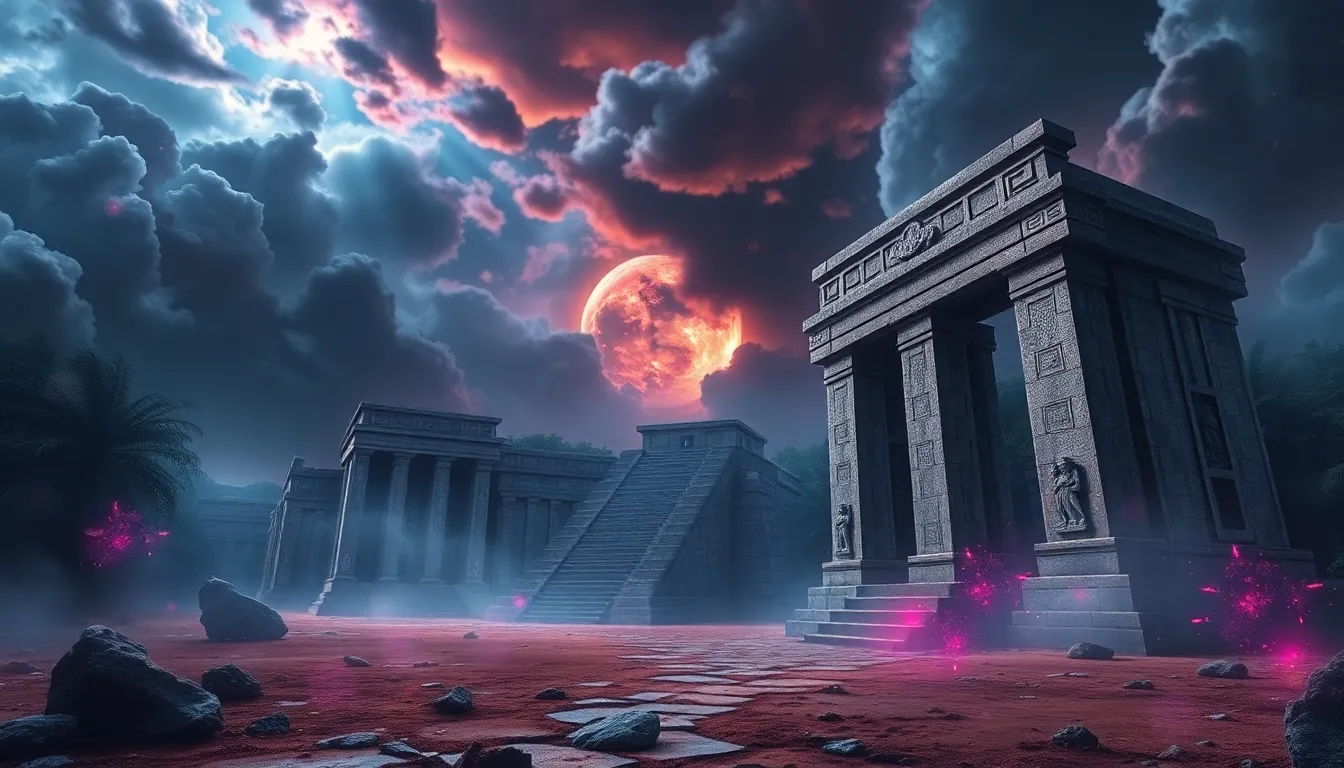Overview of Ghosts and Spirits in Chinese Mythology
In Chinese mythology, the realm of ghosts and spirits occupies a central place, shaping beliefs, rituals, and cultural practices. This vast and complex world encompasses an array of supernatural beings, each with its unique characteristics, origins, and powers. Ghosts, spirits, and deities intertwine, influencing the lives of mortals and forming an integral part of Chinese folklore, literature, and religion.
The Underworld and Afterlife
Chinese mythology conceives of a distinct underworld known as Diyu, or "Earth Prison," where the souls of the deceased reside. According to legend, Diyu is ruled by Yanluo Wang, the King of Hell, who judges the souls and assigns them their eternal fate based on their earthly deeds. The underworld is depicted as a labyrinthine realm filled with torturous punishments and trials, as well as serene paradises for the virtuous. Beliefs about the afterlife vary across different Chinese traditions, but the concept of a post-mortem realm has significantly shaped Chinese attitudes towards life, death, and the supernatural.
Types of Ghosts and Spirits
Chinese mythology recognizes a wide range of ghosts and spirits, each with its unique attributes and origins. These include:
- Gui: Hungry ghosts who roam the earth in search of food and offerings.
- Shen: Immortal spirits, often associated with nature and the divine.
- Yao: Mountain spirits with supernatural powers.
- Jing: Evil spirits that can cause misfortune and illness.
- Pei: Ghostly apparitions of deceased humans.
Hungry Ghosts Festival
The annual Hungry Ghosts Festival, also known as the Ghost Festival, is a major Chinese tradition observed in the seventh lunar month. During this time, it is believed that the gates of Diyu open, allowing ghosts and spirits to roam the earth. People honor their ancestors and offer food and prayers to placate the hungry ghosts, hoping to appease their spirits and prevent them from causing harm.
Exorcism and Spirit Rituals
Chinese folklore and religious practices include a rich tradition of exorcism and spirit rituals. Daoist and Buddhist priests perform rituals to appease ghosts, banish evil spirits, and guide the souls of the deceased to the afterlife. These rituals often involve incantations, prayers, offerings, and the use of talismans and other sacred objects. Exorcism and spirit rituals aim to restore balance and harmony between the realms of the living and the dead.
Ghosts and Spirits in Chinese Literature
Ghosts and spirits have played a prominent role in Chinese literature throughout history. From the ancient classics to modern works, stories of supernatural encounters, vengeful ghosts, and benevolent spirits have captivated readers. Notable examples include the "Strange Stories from a Chinese Studio" by Pu Songling and the "Journey to the West" by Wu Cheng'en, which vividly depict the interactions between mortals and the supernatural world.
The Role of Deities in Ghostly Matters
Chinese deities, such as the Jade Emperor and Guan Yu, are often invoked to intervene in ghostly matters. People pray to deities for protection from evil spirits, to guide the departed to a peaceful afterlife, and to resolve conflicts between the living and the dead. Deities are believed to have the power to subdue ghosts, adjudicate disputes, and grant favors to the faithful.
Ghosts and Spirits in Chinese Symbolism
Ghosts and spirits occupy a symbolic space in Chinese culture. They represent the hidden forces that exist beyond human perception, the mysteries of life and death, and the interconnectedness of all beings. In art and literature, ghosts and spirits are often depicted as symbols of the past, the unknown, and the fragility of life.
Modern Interpretations of Ghosts and Spirits
In contemporary Chinese society, beliefs about ghosts and spirits continue to shape cultural practices and popular culture. While some dismiss these beliefs as superstition, others see them as a valuable part of traditional heritage. Modern interpretations of ghosts and spirits explore themes of grief, loss, justice, and the search for meaning in the face of the unknown.
FAQs
- What is the Hungry Ghosts Festival?
The Hungry Ghosts Festival is an annual Chinese tradition observed in the seventh lunar month when it is believed that the gates of Diyu open, allowing ghosts and spirits to roam the earth.
- What types of ghosts and spirits exist in Chinese mythology?
Chinese mythology recognizes a wide range of ghosts and spirits, including hungry ghosts, immortal spirits, mountain spirits, evil spirits, and ghost apparitions of deceased humans.
- How are ghosts and spirits exorcised in Chinese culture?
Daoist and Buddhist priests perform rituals to exorcise ghosts and spirits, using incantations, prayers, offerings, and sacred objects.
- What role do deities play in ghostly matters?
Chinese deities, such as the Jade Emperor and Guan Yu, are believed to have the power to subdue ghosts, adjudicate disputes, and guide the departed to the afterlife.
- How are ghosts and spirits depicted in Chinese literature?
Ghosts and spirits have played a prominent role in Chinese literature, appearing in stories of supernatural encounters, vengeful ghosts, and benevolent spirits.




